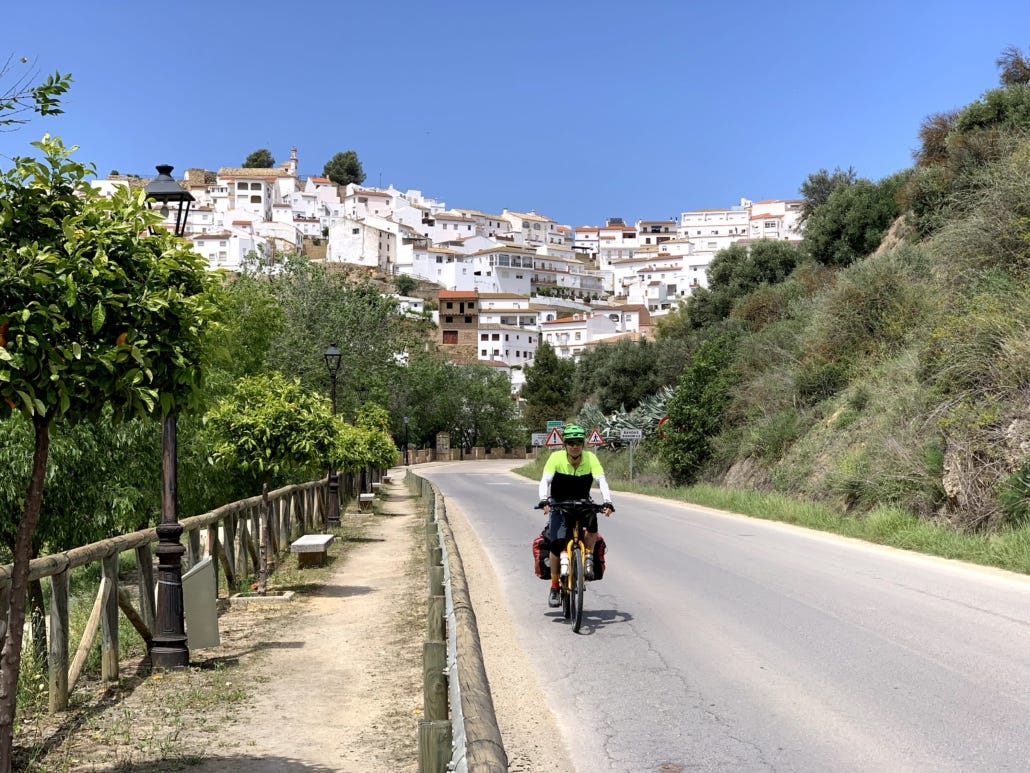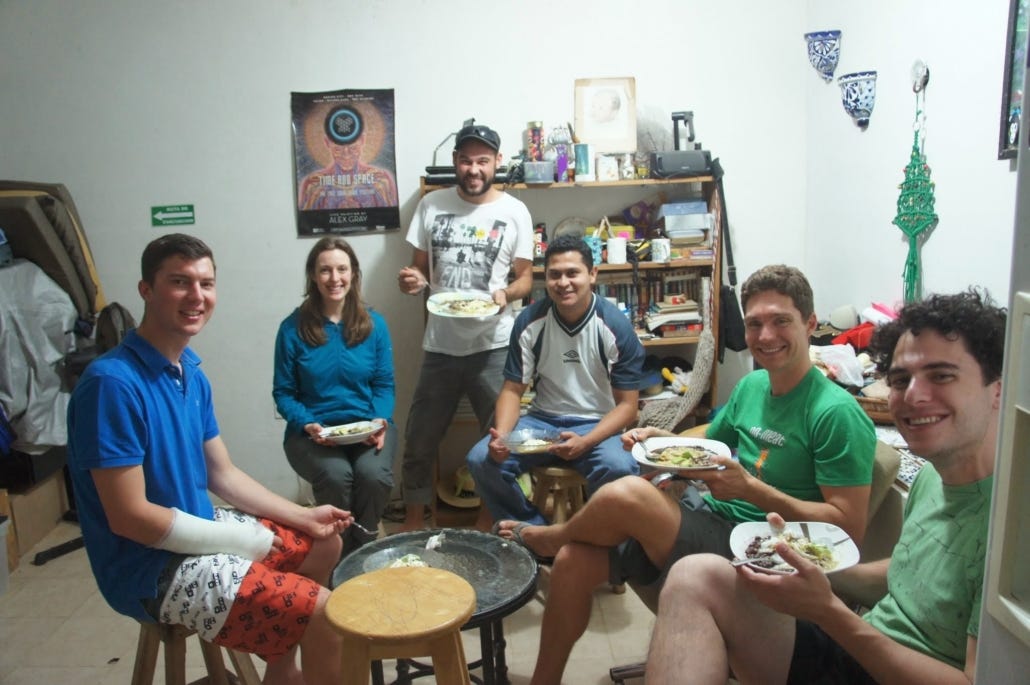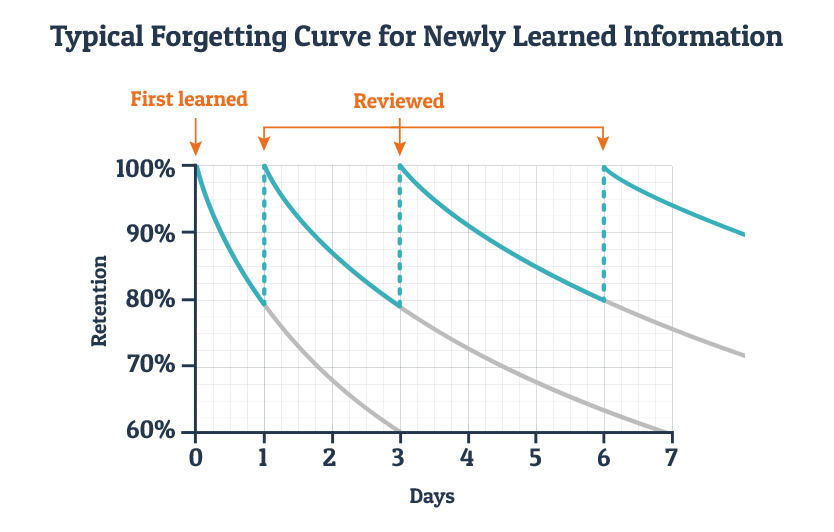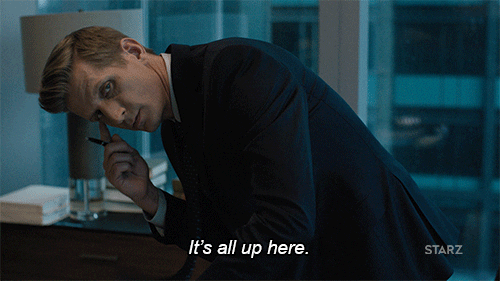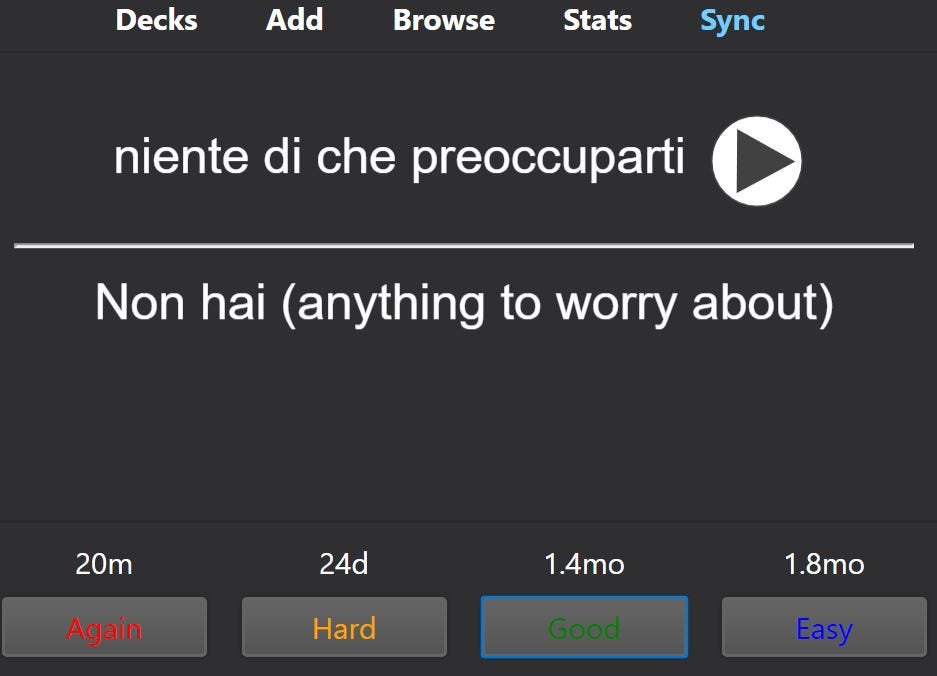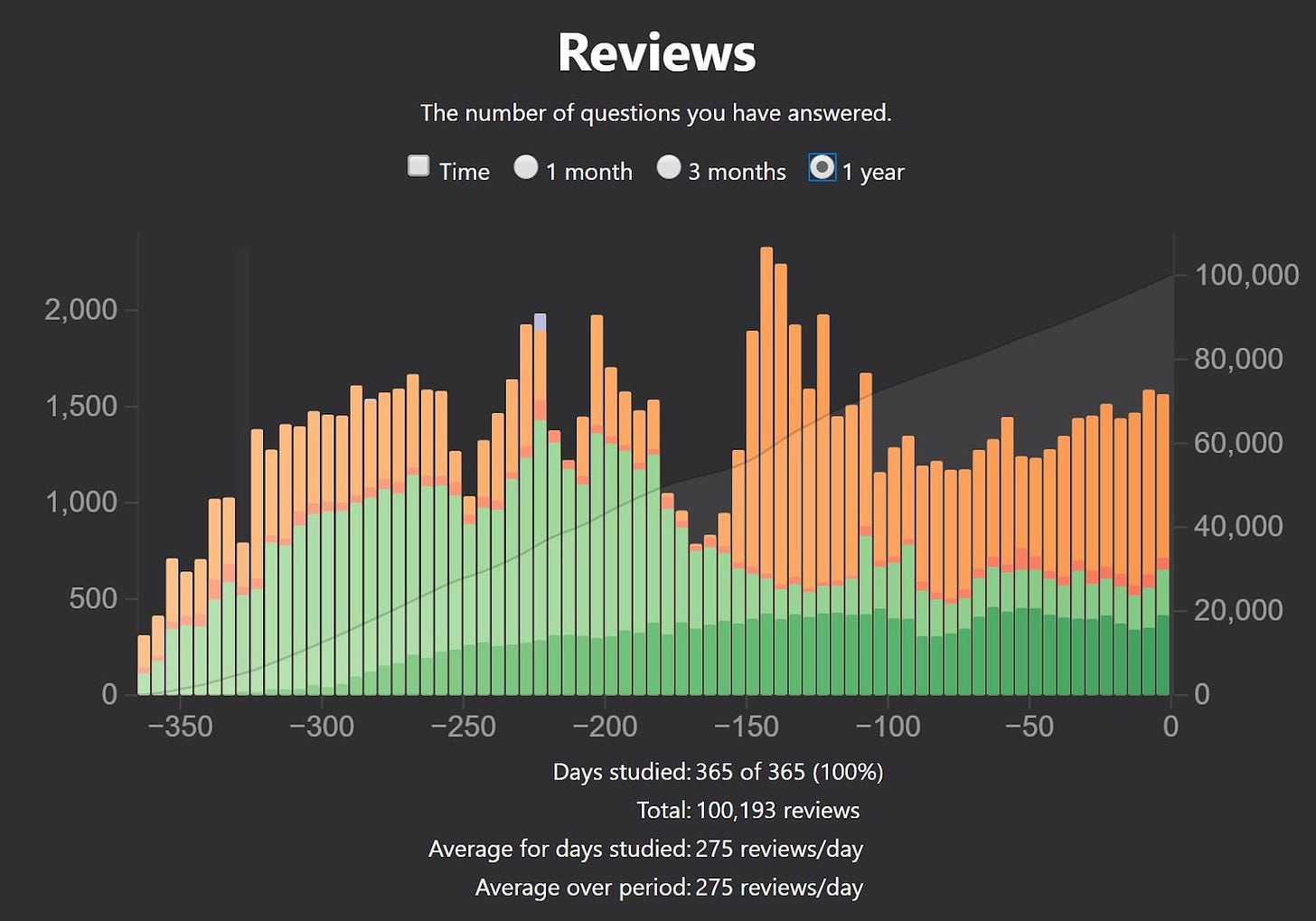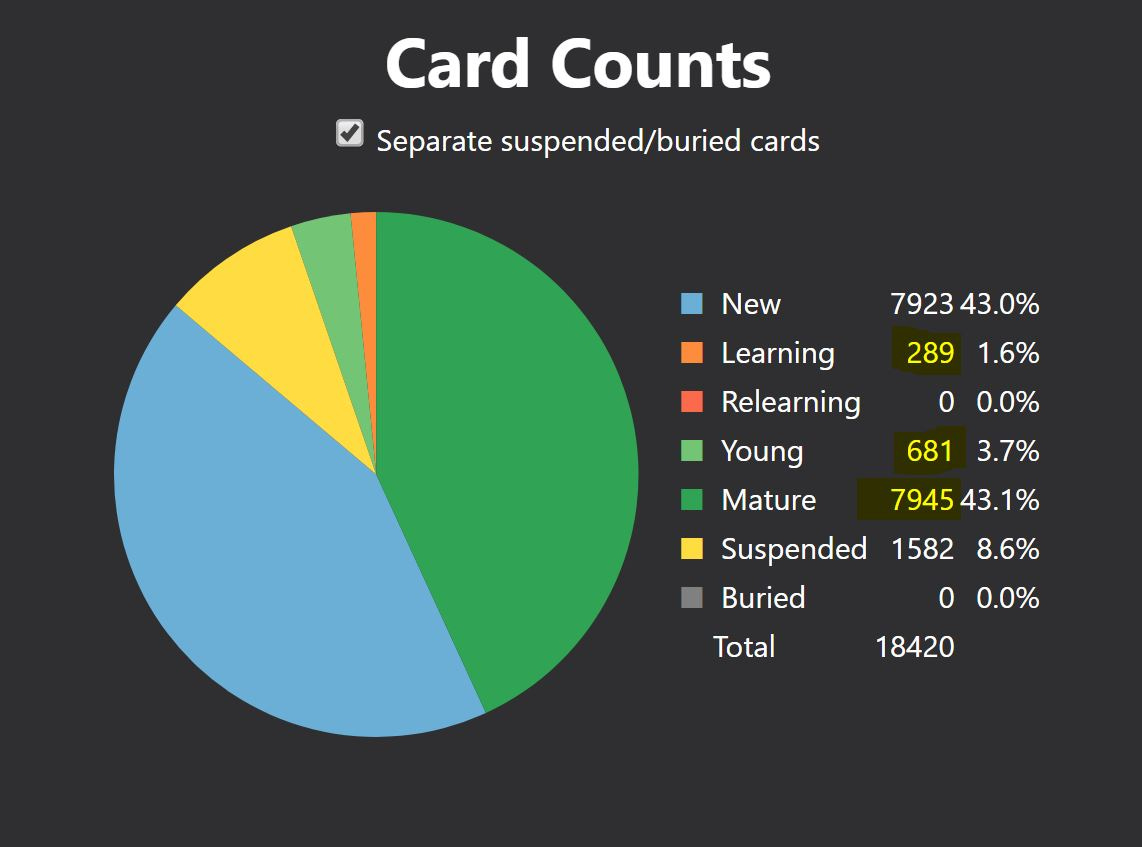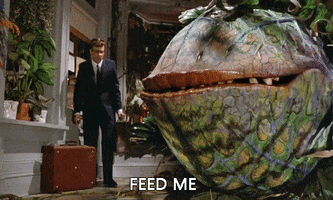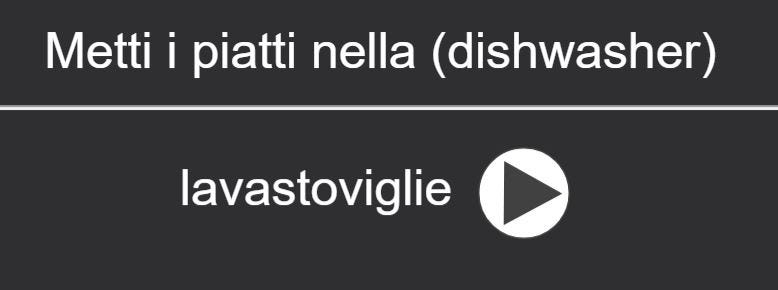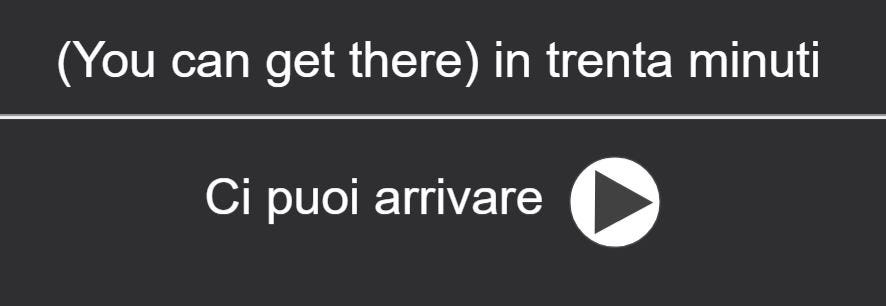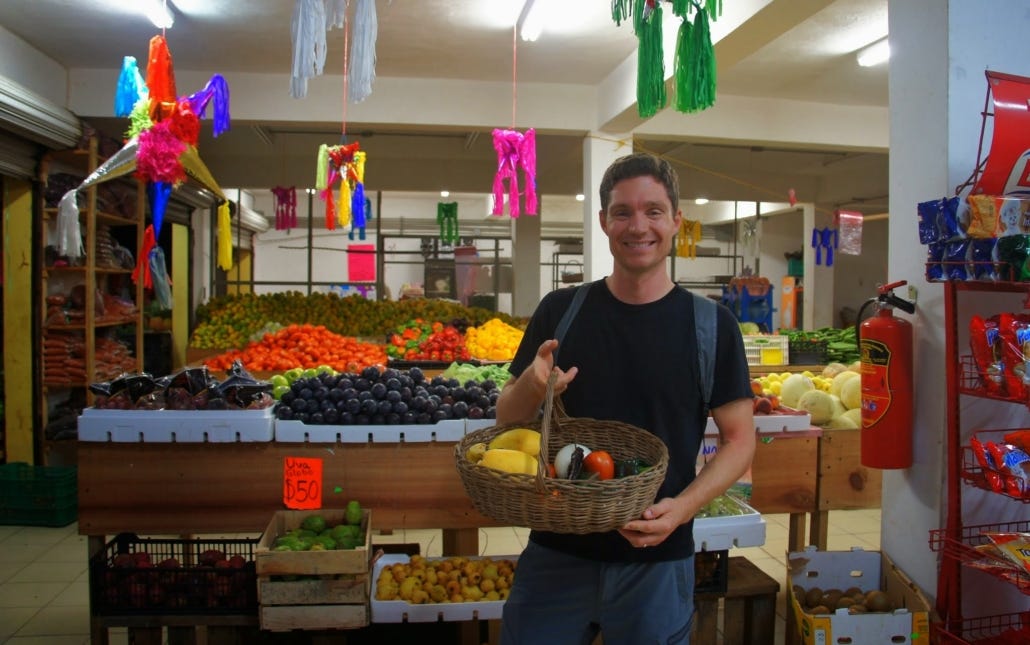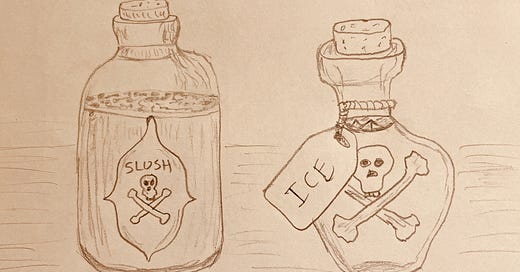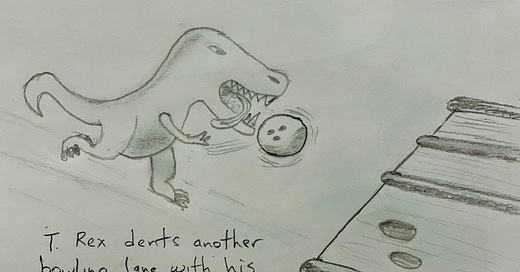
Boosting Your Foreign Language Learning with Anki
Master the tool every polyglot uses to learn a language.
This tutorial on optimizing foreign language learning is for you if:
You’re serious about learning a foreign language.
You want an effective, efficient method with constant forward progress, not repeatedly forgetting what you learned.
You don’t want to spend money on expensive courses and their magic promises.
Update 2023: check out my "2 years with Anki" blog post to see the power of Anki!
My Foreign Language Journey
I’ve “studied” Spanish for years: high school classes, traveling in Spain and Central America, plus a language immersion in Mexico pushing me to the point where I dreamt in Spanish.
The result from all of that effort? I forgot most of it. My Spanish is roughly A2 level, beyond “Yo hablo Espanol,” but basically survival level. *sigh*
The problem? I lacked a system for learning. My scattershot approach generated results that were full of holes, with no plan for long-term retention. I’d learn something before or during a trip, then forget it.
There is a better way
Then I discovered I can become an Italian citizen, which fired me up to learn the language. I finally got serious, researched and compiled a systematic approach, and stuck to it.
One year into my pursuit of learning Italian, I’m fluent at a B2 level (independent, spontaneous conversation) and well on my way to C1 (fluent Italian with more complexity).
Better yet, I’m confident I can continue this forever, retaining what I’ve learned while adding other languages.
In the past year, I’ve learned over 5,500 Italian vocab words and sentences, about 2 million times my Spanish results. As my teacher Luigi said recently (in Italian, obviously), “At this point, you’re prepared to talk about anything!”
He administers fluency tests for the Italian government, so you can bet I felt good. I’m writing this post because I want you to experience the same satisfaction!
If you just want to say a few words of broken Spanish next Cancun trip or simply order a pizza in Rome, stop reading.
If you’re serious about learning a language effectively and efficiently, journey onward!
Summary
Set up a spaced repetition program like Anki as the foundation and use it consistently.
For fluent conversation, your goal should be to actively recall words (conversation) vs. passively recall them (listening or reading).
Develop a way to generate new vocab (language lessons on iTalki, Duolingo, grammar books, reading, podcasts, video, etc)
Create memorable, simple sentences from that vocab and create flashcards in Anki.
Do a total daily review of 10-30 minutes.
Remember more words and speak a language better than you ever thought possible!
A Simple Language Learning System
To speak a language, you need words! If you don’t know enough vocabulary, you’ll stare blankly at a local as you try to say “I’d like to buy some pink swim shorts to match my flamingo pool floatie.” NOBODY wants to be in that blank-mind state.
And conversation requires a ton of words! Here’s the generally accepted rule for language proficiency, vocab-wise:
A1 - Survival I: communication at a basic level (500 vocab words)
A2 - Survival II: novice in simple contexts. (1,000 vocab words)
B1 - Conversational I: low intermediate level. (2,000 vocab words)
B2 - Conversational II: independent, spontaneous. (4,000 vocab words)
C1 - Fluency I: fluent in a complex manner. (8,000 vocab words)
C2 - Fluency II: same abilities as a native speaker. (16,000 vocab words)
But how do I put words in my brain?
Luckily, remembering words isn’t complex. You can do this.
At the core of efficient vocabulary acquisition is spaced repetition learning. This is simply a way to store all the words and info you’re trying to learn plus a way to shove it into your long-term memory storage.
I won’t go too far into the weeds, but think about it like this…
Say you learn some vocab. With zero reviews, you’ll forget 50% of what you learned in just a few days.
This is why cramming for a test works, but only for short-term memory! A week later, all that effort is for naught.
The problem is that our brains are efficient at forgetting things we don’t need. It saves calories, just like when we roamed the savanna millennia ago. To remember something, we need to see it again and again in different contexts.
Spaced repetition accomplishes that. Here’s an interactive comic explaining why.
TL;DR: Think of it as smart, computerized flashcards. Rather than flipping through an endless pile of cards, they’re optimized for retention.
Get a card right? You won’t see it for awhile. Miss it? Back to the front of the line. It’s the age-old flashcard method, but with an algorithm that delivers them on a schedule to push words deeeep into long-term memory.
By the way, dig these kinds of posts? Sign up for the free Traipsing About newsletter to level up your life around outdoor adventures, creativity, and travel.
Anki is the best program for spaced repetition learning.
Anki (Japanese for memorization) is an open-source project available for computers or phones. Free on computer and Android, a $25 one-time fee for the iPhone app. (Think of it as a donation.)
There’s no monthly fee, no BS. Sorry, no dinging sounds when you get an answer right. Just effective utility that WORKS.
Further proof: in 2010, Roger Craig used Anki to obtain the then-all-time record for single-day winnings on the quiz show Jeopardy!, memorizing a vast number of facts. Med school students use it, advanced language learners use it...and so can you.
Anki is the place where I put anything that I want to remember. Language vocab and sentences, musical terms and blues riffs, countries of the world, presidents of the U.S., anything.
For 20-30 minutes a day for the past year, I committed to reviewing my Anki cards. When I’m home, the reviews consist of new cards plus reviews. While traveling, I only do reviews, reducing time to about 10 minutes a session.
Because Anki shows you a word or sentence just as you begin to forget it, the whole process is enjoyable! You’re in the flow zone between too easy or too hard.
At home, I usually lie on the floor and stretch, but it’s great for any moment when you’re killing time. I’ve flipped through cards at the barber, waiting for a friend to show up for a run, and in a tent on the Colorado Trail. The results?
I reviewed 100,010 cards (!) last year. WHOA. The power of consistency at work. Total cards memorized: 8,800. No wonder I feel far more proficient with Italian in a year than I did with years of sporadic Spanish.
(More soon on how to create cards.)
Other Components of the Language System
Anki is the brain of the system, but it needs food.
How you find new vocab is up to you. Here are some that I use, with more later on creating sentences from these:
Anki offers a huge database of free shared vocab decks that people have created, e.g. “5,000 most frequent Italian words.”
Lessons with a remote teacher on iTalki
Duolingo (most courses have between 1,500-1,800 vocab words)
Grammar books and online frequency dictionaries
Reading
Podcasts (Coffeebreak features excellent content)
Active vs. passive recall: Creating sentences you’ll actually remember
I started out simply memorizing vocab words, but noticed using them in conversation felt tough sometimes. I dug deeper and bought a course from the Universe of Memory, created by a Polish guy who speaks 10 languages and has seemingly read every study available on memory.
My biggest realization: active vs. passive recall.
Think of active words as those you can use in conversation at any time. Passive words are those you recognize, but only if you hear or read them. i.e. you can’t quickly access them for conversation. (We also have these in our native language: think how many words you can recognize while reading, but never use in daily life.
Universe of Memory course takeaways:
Simply reviewing individual words often isn't enough . You need to create your own sentences using the target vocab word. Mix your native and target language in the question to jolt your brain into active recall.
Memorize natural phrases you might use in a conversation.
Your sentences shouldn't be longer than 5-7 words. Ideally, they should be 2-4 words long.
Use only words you know.
For additional cards, make sure the context differs from other cards (e.g. I sit on the chair, the chair is brown, please push in your chair).
Create a new sentence (out loud or as a new flashcard) whenever you fail to recall a given word.
Know how to pronounce a given word (use the free language Anki add-on).
Speed and execution over details: don’t obsess over perfect cards.
In general, your cards should be set up so that you can learn 500-700/hour, aka a couple seconds per card during your review. Keep them simple!
Pro tip: when I can’t think of a sentence using my target vocab word, I plug it into Reverso’s context engine and modify one of the available sentences.
Conjugations
For conjugation cards, simply do something like this (e.g. for verb pensare, to think in Italian):
There’s of course more, but those basic items will get you most of the way there.
And with that, it's time to...
Launch your language learning
Here’s to learning AND remembering foreign languages. Arrivederci to blank moments during conversation, adios to forgetting everything a month after a trip, HOLA to language competency!
Enjoy the journey.
Time to take action! Here’s how to get started:
Download the Anki app ($25 one-time for iPhone, free for Android). I prefer to use it on my computer unless I’m not at home.
Find shared Anki decks:
Watch an Anki tutorial for setting things up (YouTube).
Download the best Anki add-ons. If nothing else, definitely get the free language add-on. It has audio translations you can add to cards to get the pronunciation right.
Develop a way to generate new vocab (language lessons on iTalki, Duolingo, reading, grammar books, podcasts, video).
Start studying and spend 10-30 minutes spread throughout the day reviewing your cards.
Reference Resources
These excellent notes from the book Fluent Forever from my friend Jono, who speaks somewhere around five languages, including Chinese (!).
Here’s an interactive comic explaining why spaced repetition works (same link as main post).
To get really serious about language learning, check out the Vocabulary Labs course on Universe of Memory.



